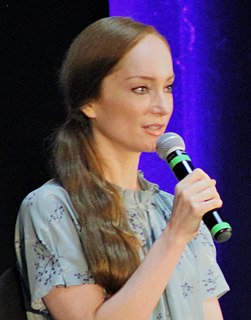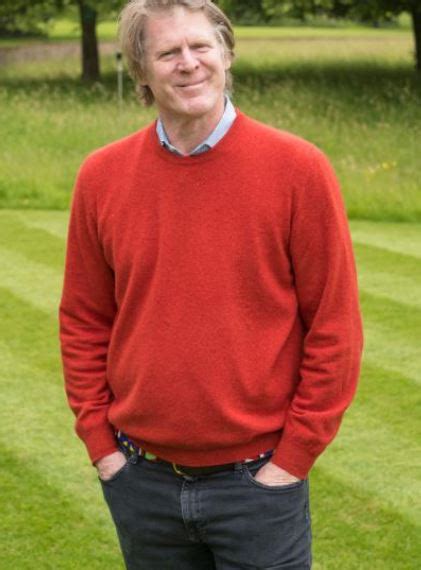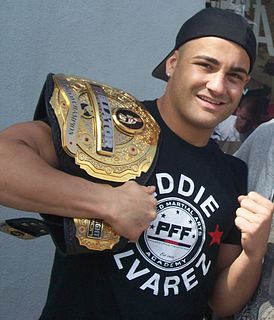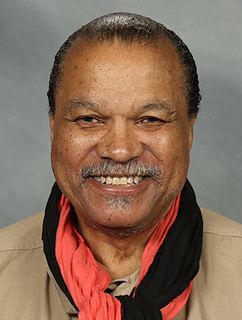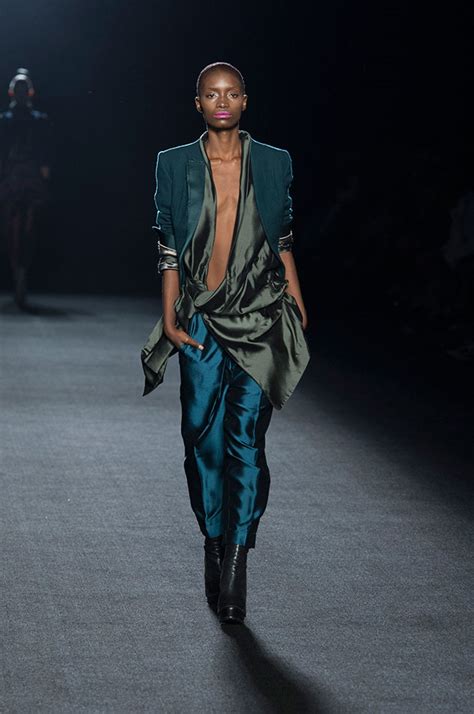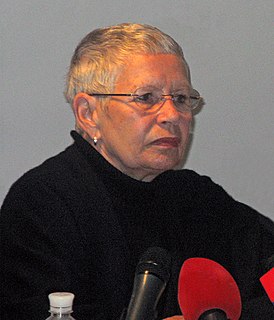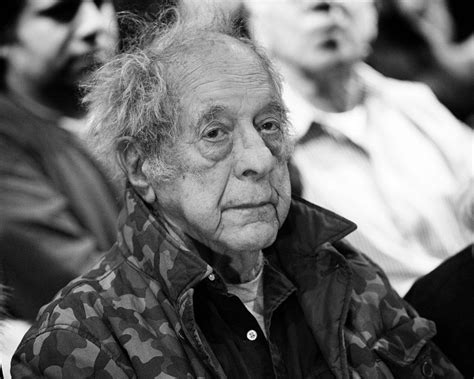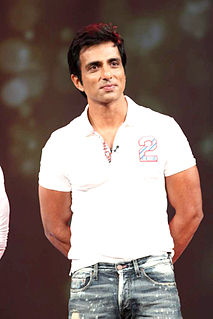A Quote by Mary Ellen Mark
I'm a street photographer, but I'm interested in any ironic, whimsical images, and there's something very romantic about a circus.
Quote Topics
Related Quotes
I am myself a professional creator of images, a film-maker. And then there are the images made by the artists I collect, and I have noticed that the images I create are not so very different from theirs. Such images seem to suggest how I feel about being here, on this planet. And maybe that is why it is so exciting to live with images created by other people, images that either conflict with one's own or demonstrate similarities to them.
There is something very unstabilizing about not knowing where you're coming from or where you're going. There's something very romantic about it, because you have this search for the unknown. But at the same time, sometimes I'm like, "God, if I were to die tomorrow, where would I like to be buried?" I wouldn't know. That's kind of a heavy thought, but it's a fact. You don't know anymore where you belong.
I went to art school, wanting to be a painter and then I got into photography. Then it was movies, and I liked the images. One of the things that interested me in film was that I was communicating in images. That was something I did intuitively and could not even talk about until I started having to do interviews.
I used to live in a hostel with Bihari roommates. They used to be very excited about getting their pictures clicked, and since there weren't any mobile phones back then, they used to have a photographer accompany them everywhere. Thus, my character's personality and the photographer were incorporated into 'Dabangg.'

